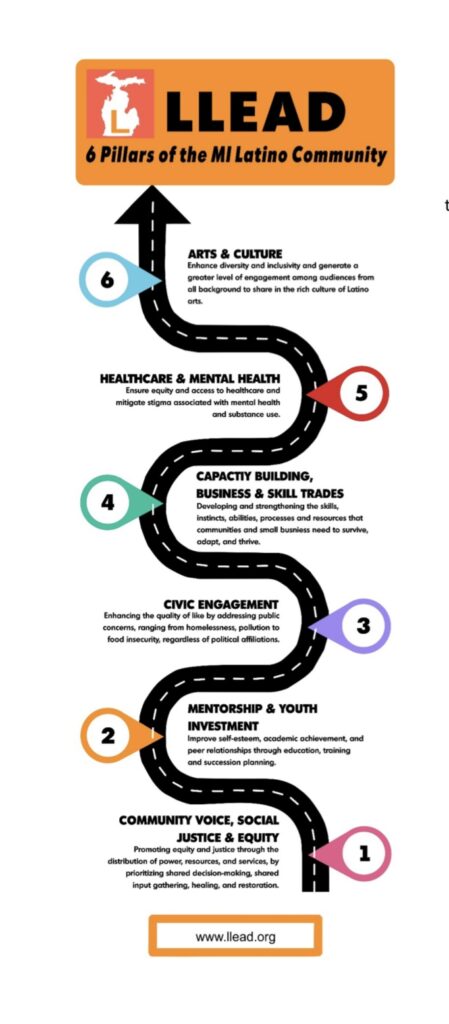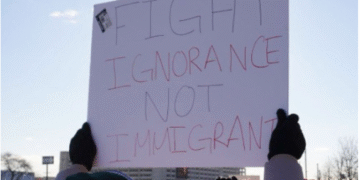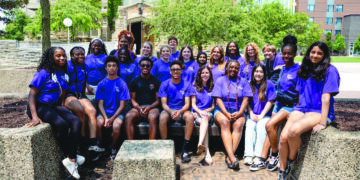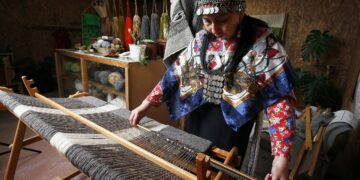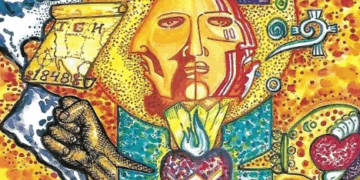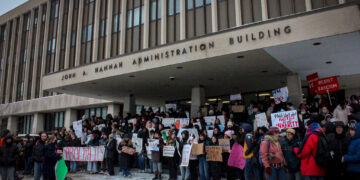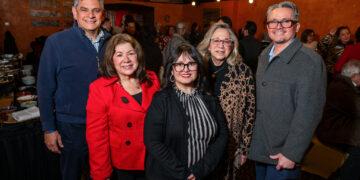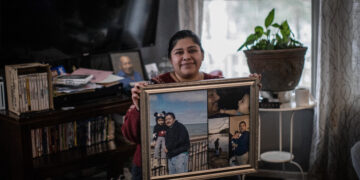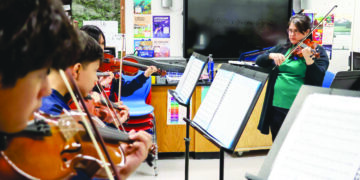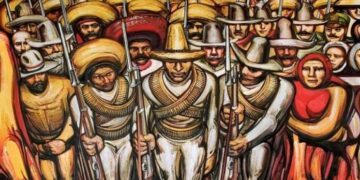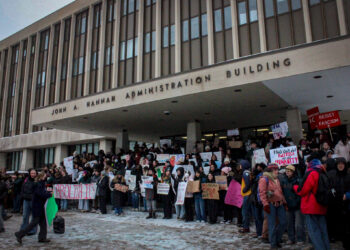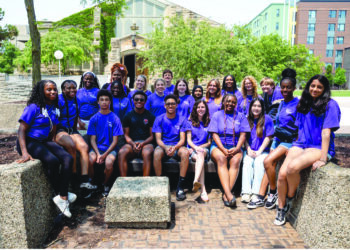The general mood at the 2024 Biennial Conference of Latino Leaders for the Enhancement of Advocacy and Development (LLEAD) was optimistic. Local advocates and stakeholders met Friday, November 1st at the Okemos Event Center under the theme “Honoring Legacy & Merging Generations.” Keynote speeches were delivered by Tom Perez, Senior Advisor to President Biden, and Maria Echaveste, Former White House Deputy Chief of Staff to Bill Clinton.
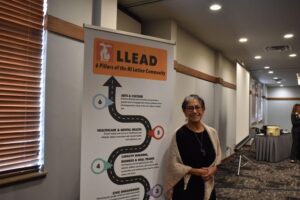
“Hopefully the people that travel here from all over the state will realize that there’s a real need for a statewide Latino organization because they’re talking to each other and maybe sharing best practices,” said Alberto Flores, President of LLEAD.
While Detroit is often highlighted for its large Latinx population, Grand Rapids plays a significant role in the Latinx landscape. According to the US Census, Grand Rapids was home to 31,500 Latinx residents in 2022, while Detroit boasts around 48,000.
“Why do you think Trump is so busy trying to get all those Latino men and black men? Even he recognizes that he can’t win without some color in that coalition,” Echaveste said.
Echaveste and Perez both emphasized the importance of Latino voters this election, urging community members to mobilize and engage their communities.
“You look at the empowerment of our communities and what I love about LLEAD is that you have business leaders, you have nonprofit leaders, you have educators, you have grass tops, you have grassroots, you have elected officials…. This is a room of many firsts. Well, I want to have a first next week on behalf of my two daughters and my son,” Perez said, speaking on the election.
Since its inception in 2013, LLEAD has brought together Latinx community leaders and stakeholders for conversations and action on bettering Latino futures. It has expanded to cities such as Adrian, Flint, Grand Rapids, Holland, Metro Detroit, and more. The Biennial Conference had breakout sessions focused on key topics such as Latinx Women, LGBTQ Latinos, and Latino Seniors.
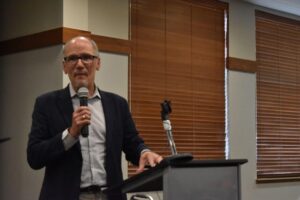
A standout from the sessions was titled “Preserving Nuestra Historia.” The Michigan History Center and the Archives of Michigan have been working to preserve photographs, oral history, and physical artifacts from the Latinx community.
Delia Fernandez-Jones, author of “Making the Mexirican City,” notes the importance of shifting the narrative, asserting that Latinos are not newcomers, but rather an integral part of the community fabric and, of history.
Daniel Oropeza, radio broadcaster at Western Michigan University’s WMUK 102.1 FM, echoed this sentiment, urging Latinos to take control of their narrative, “Tell your story or someone else will tell it for you.”
The LLead conference highlighted the powerful contributions made by Latino leaders, such as the work done to mobilize voters and to bridge communities across Michigan for a unified voice. There is a great need for unity and advocacy within the Latino community with unique challenges. As with these challenges, there are opportunities to be a part of the narrative that Latinos have a powerful voice in the electoral process.
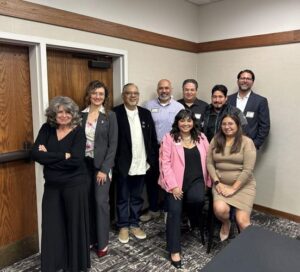
“If you’re from Central America or some of those places, being involved in politics can cost you your life,” Echaveste said. “So, you come to this country and you assume it’s the same thing or maybe your seventh, eighth generation, and you wonder what’s the point? I can tell you over and over again on issues, local, state, and federal people are making decisions that will affect your life,” she emphasized.
Perez would assert that voting comes down to trust.
“Who has your back? Who can you trust to have your back? If you have a diabetic in your family, Donald Trump did nothing for you, and Kamala Harris has brought you $35 insulin, that’s a huge deal. If you have a relative and millions of families are mixed status families in this country and you’re trying to get out from the shadows and into the sunshine, who can you trust to help?”
The truth of the matter is, there is work to be done. Latino representation matters on grassroots level and in positions where decisions are made. It’s no longer enough to have a seat at the table. Being heard and mobilizing are just as crucial.
Whatever the outcome of the general election up and down the ballot, it’s important to get involved. For more information about LLEAD, visit www.llead.org/chapters/
